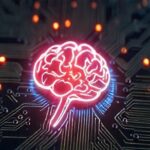
Waymo Faces Criticism After Cat’s Tragic Death
Beloved SF Cat’s Death Fuels Waymo Criticism The recent death of a beloved San Francisco cat has sparked criticism directed towards Waymo, Alphabet’s self-driving car division. The incident has ignited...

















